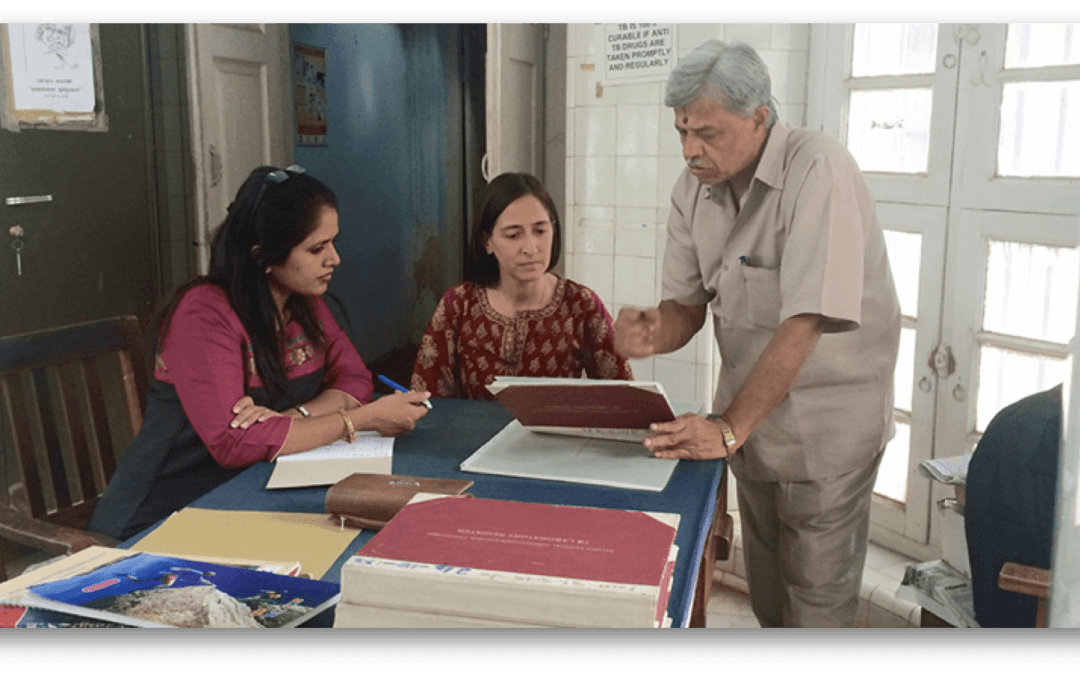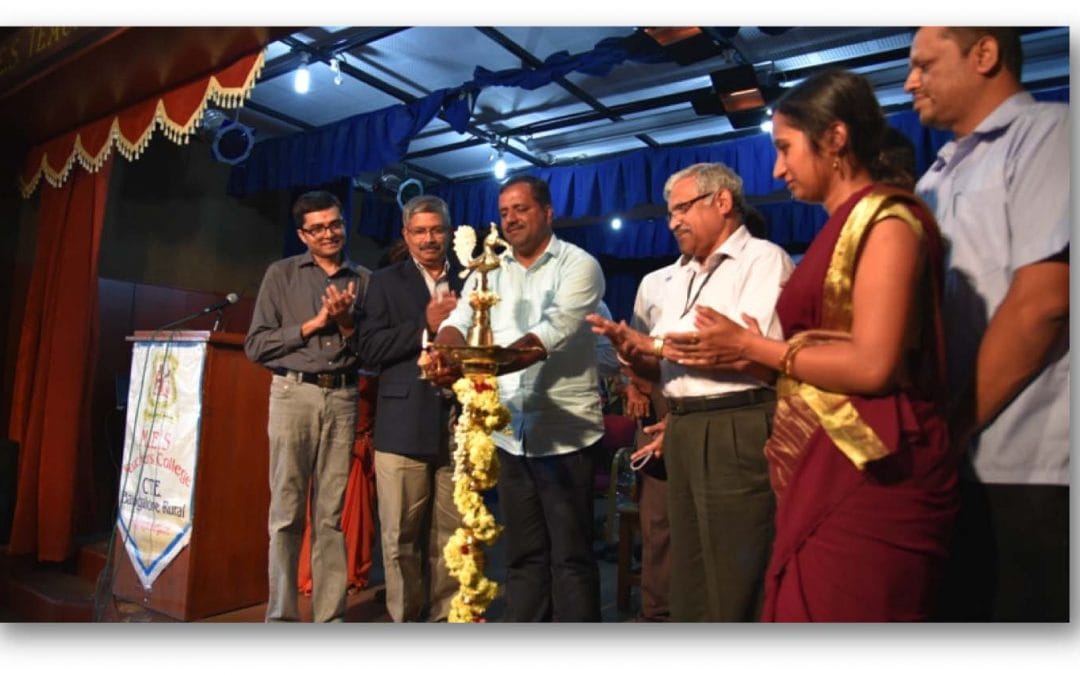
Dr Vijayashree’s interview with Healthcare Executive Magazine





Can Bengaluru Survive? Our priorities are all wrong :- IPH Staff quoted in The Times of India
Dr. Aneesha Ahluwalia, Training officer at IPH was quoted in Times of India and Bangalore Mirror. The article titled ‘Can Bengaluru survive?- our priorities all gone wrong’ was the third part in the series on Bengaluru’s indicators based on IISC report. The article focused on the social indicators and it’s relation with the sustainability of the city. Dr. Aneesha contributed towards the public health aspects especially the migration issue.
GOVT VS PRIVATE
Basic facilities in the city, Kurup said, are stretched out too thin because of unplanned growth. “Over the last two decades, Bengaluru’s economy has undergone a significant transformation, with service industry playing a major role in economic development.Our planning always comes after the problem and this is a dangerous approach,“ she says.
Health services have become expensive.Government services are not able to match the demand, nor are they efficient. So people are forced to look at private services. What planners need to look at is creating urban neighbourhoods beyond the city, so that people are not forced to migrate to Bengaluru for basic facilities, which the city anyway lacks, said Kurup.
Aneesha Ahluwalia, health expert from the city-based Institute of Public Health, pointed at a common concern for most cities: migration.“Bengaluru also faced such a sudden inflow of migrants due to the economic boom. The city grew tremendously in terms of population, but the infrastructure did not grow in the same proportion. The IISc report says that more than half of the population (58.7 per cent) lives in rented houses, indicating that a majority of them are not locals. The private sector on the other hand is highly unregulated, specially the private practitioners. There is no regulation on pricing or quality, among others,“ she said.


Dr Vijayashree Y, faculty and PhD scholar at Institute of Public Health, article titled ” Determinants of sputum conversion at two months of treatment under National Tuberculosis Programme, South India “published in “International Journal of Medical Science and Public Health”, This study carried out in 2012 to investigate the reasons for low sputum conversion rate in Sira (among patients registered with RNTCP).
Background: In India, Revised National Tuberculosis (TB) control programme (RNTCP) offers free diagnosis and treatment for TB, based on the Directly Observed Treatment Short (DOTS) course strategy. Under RNTCP, sputum conversion rate (SCR), at the end of 2 months of treatment is an important operational indicator, which is ideally expected to be 90%.
Aim and Objectives: The objective of the present work was to investigate the factors associated with low SCR at the end of 2 months of treatment in Sira TB unit, Tumkur District, India.
Material and Methods: It is a retrospective cohort study of all new sputum smear-positive patients registered in RNTCP in 2011. Data were retrieved from the TB register maintained at the District TB center. Chi-square and Student’s t-test were used for analysis of the study variables between patients who were sputum positive and sputum negative at the end of 2 months of treatment. Multivariate logistic regression was applied to determine the risk contributed by the variables towards non-conversion of sputum.
To know more: Click here


Bengaluru: Karnataka health minister UT Khader on Wednesday, which also happens to be the eve of “World Health Day”, said that the state government is committed for a stronger road safety policy so that many lives can be saved from road crashes every day.
Participating in a road safety event organized by the Institute of Public Health (IPH), a city-based organization working on research and advocacy in the health sector, on Wednesday, 6 April 2016, Khader said to do their best to attend to the woes of victims of road crashes. The state government has introduced schemes such as Harish Scheme, Bike Ambulances etc. “We understand that a lot needs to be done and for the realization of the same, we are in full support of a stronger road safety policy” he added.
Dr N Devadasan, director of IPH said that “India loses more than 2 lakh people every year on the roads and Karnataka is the fourth worst state for number of road deaths in India. Unfortunately, road safety has not received needed priority from public health experts. IPH that has been working on priority health issues since last 10 years has decided to take up road safety as a priority issue on work front. We are supporting the national campaign for a stronger road safety law and will be presenting a detailed action plan before the state government soon” he added.
Dr Upendra Bhojani, assistant director at IPH opined that state government has taken positive steps such as notifying state road safety policy, mandating helmet use for pillion rider and providing schemes for medical relief to road crash victims. “Having set a positive example, it would be apt to see Karnataka government now pushing for and supporting comprehensive legislation on road safety at national level.”
Students want govt. to save young lives
On the occasion, students from M.E.S. Teachers college, well-known education institution in the city, thanked the Karnataka government for the steps taken to ensure safety to lives on the road, and they also requested the ministers for a stronger intervention from the government to form a better road safety policy.
Dr. Vishal Rao, renowned Head and Neck Cancer Surgeon from HCG Hospital, Prof. H. S. Ganesh Bhatt, principal of M.E.S. Teacher College and students took part in the event.
Road Safety Presentation By Dr Upendra Bhojani Click here